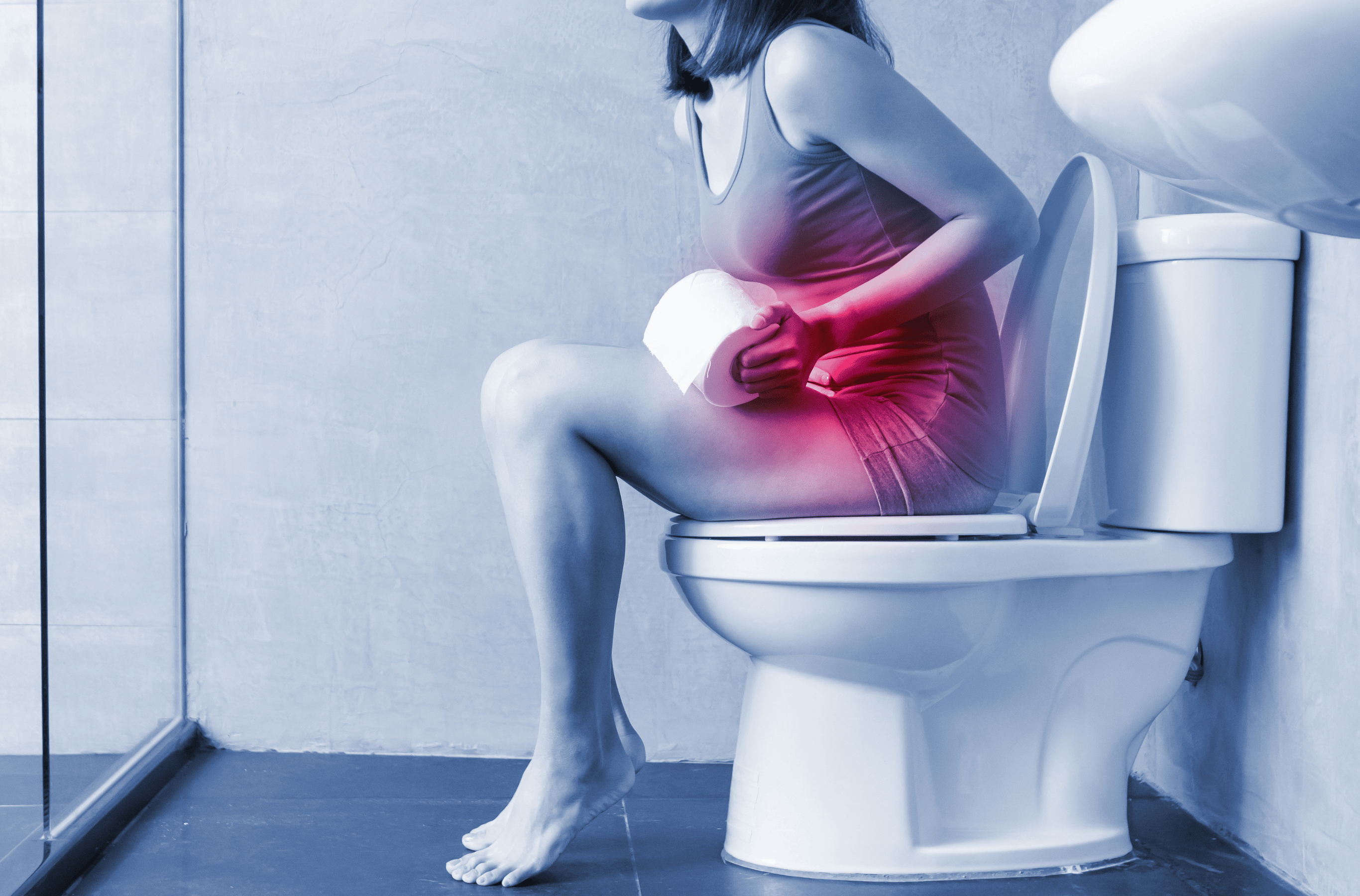Constipation is a common gastrointestinal problem that may be uncomfortable, inconvenient, and occasionally even painful for people of all ages. Constipation is sometimes treatable at home with over-the-counter medications and lifestyle changes, but in certain circumstances, the condition worsens or persists for an extended period of time and calls for immediate medical care. In this article, we’ll explore the signs, symptoms, and treatment options for constipation, as well as when urgent care may be warranted to address this condition effectively.
Understanding Constipation
Frequent bowel motions, trouble passing stool, and a feeling of incomplete evacuation are the hallmarks of constipation. A number of things can contribute to it, such as consuming too little fiber, becoming dehydrated, not exercising, taking certain drugs, and having underlying medical disorders, including intestinal blockage, hypothyroidism, or irritable bowel syndrome. While occasional constipation is common and usually goes away on its own, persistent or severe constipation has to be evaluated by a doctor and treated in order to avoid consequences and treat symptoms.
Signs and Symptoms of Constipation
- Infrequent Bowel Movements: One of the primary signs of constipation is having fewer than three bowel movements per week.
- Straining and Difficulty Passing Stool: Constipated individuals may experience straining, discomfort, or pain during bowel movements, as well as a feeling of incomplete evacuation.
- Hard or Dry Stool: Stool consistency may become hard, dry, or lumpy, making it difficult to pass.
- Bloating and Abdominal Discomfort: Constipation can cause abdominal bloating, discomfort, and cramping due to the accumulation of stool in the intestines.
- Rectal Bleeding: Straining during bowel movements can sometimes lead to minor rectal bleeding or hemorrhoids.
When Constipation Requires Urgent Care
While most cases of constipation can be managed with dietary and lifestyle changes, there are certain situations where urgent medical attention is warranted:
- Severe Abdominal Pain: Persistent or severe abdominal pain accompanied by constipation may indicate a more serious underlying condition such as intestinal obstruction, fecal impaction, or appendicitis, requiring immediate evaluation and treatment in an urgent care or emergency setting.
- Rectal Bleeding: Rectal bleeding associated with constipation may indicate an underlying issue such as hemorrhoids, anal fissures, or colorectal cancer, necessitating prompt medical evaluation to determine the cause and appropriate treatment.
- Unexplained Weight Loss: Unintentional weight loss and constipation may be signs of an underlying medical illness that requires investigation and treatment, such as thyroid problems, colon cancer, or inflammatory bowel disease (IBD).
- Persistent Symptoms: In order to rule out underlying medical disorders and investigate other treatment options, it’s crucial to seek medical assistance if constipation doesn’t go away after using over-the-counter and home remedies, or if symptoms get worse over time.
Treatment Options for Constipation Urgent Care
Healthcare providers may employ various treatment modalities to address constipation urgent care and its underlying causes:
- Medications: Healthcare professionals may provide laxatives, stool softeners, or prokinetic medicines to encourage bowel movements and relieve symptoms, depending on the severity and underlying reason of constipation.
- Manual Evacuation: In cases of severe constipation or fecal impaction, healthcare providers may perform manual disimpaction to remove hardened stool from the rectum and lower colon.
- Fluid and Electrolyte Replacement: Dehydration can exacerbate constipation, so healthcare providers may administer intravenous fluids and electrolytes to restore hydration levels and improve bowel function.
- Diagnostic Testing: Urgent care providers may order diagnostic tests such as abdominal imaging, blood tests, or colonoscopy to evaluate the underlying cause of constipation and rule out more serious conditions such as colorectal cancer or intestinal obstruction.
Preventing Constipation
While constipation can be distressing, there are steps individuals can take to prevent it from occurring:
- Stay Hydrated: Regular bowel movements and the softening of stool are two benefits of consuming a proper amount of water each day.
- Eat a High-Fiber Diet: Consuming plenty of fruits, vegetables, whole grains, and legumes provides essential dietary fiber to promote bowel regularity and prevent constipation.
- Stay Active: Regular physical activity helps stimulate bowel function and promote healthy digestion.
- Manage Stress: Constipation can be avoided by using stress-reduction strategies like mindfulness, meditation, or deep breathing exercises. Stress can negatively impact digestion and bowel function.
Conclusion
One frequent gastrointestinal problem that can be inconvenient and uncomfortable is constipation. While food and lifestyle modifications can help most episodes of constipation be managed at home, severe or chronic constipation may necessitate immediate medical intervention. By recognizing the signs and symptoms of constipation and knowing when to seek urgent care, individuals can ensure prompt evaluation and treatment to alleviate symptoms and prevent complications. With proper management and preventive measures, constipation can be effectively addressed, allowing individuals to maintain optimal digestive health and well-being.


